Best Homeopathic Medicine For Acne
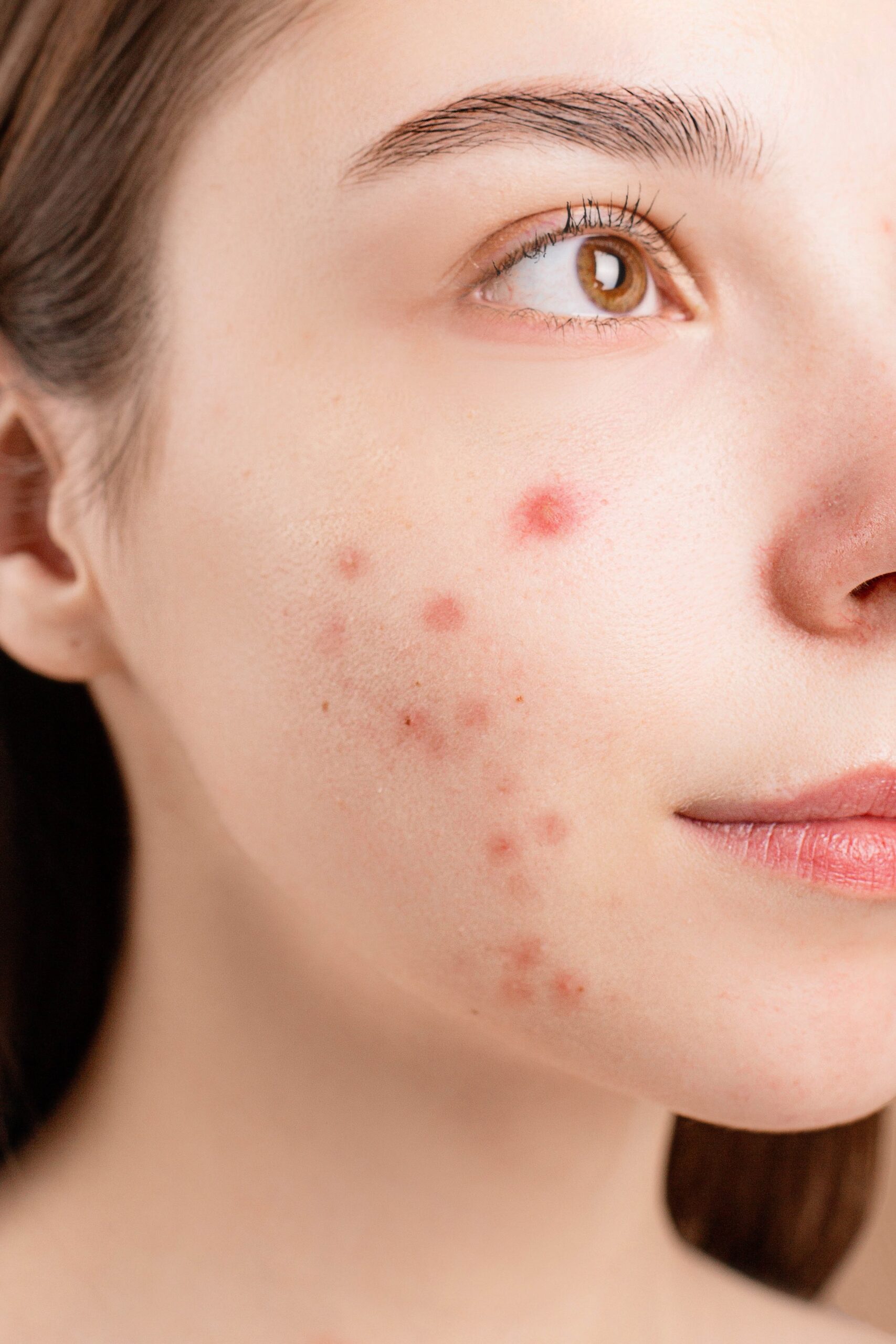 Acne is a common skin condition that occurs when hair follicles become clogged with oil and dead skin cells. It results in the formation of pimples, blackheads, whiteheads, and sometimes deeper cysts or nodules. Acne can affect people of all ages, but it is most commonly associated with adolescence.
Acne is a common skin condition that occurs when hair follicles become clogged with oil and dead skin cells. It results in the formation of pimples, blackheads, whiteheads, and sometimes deeper cysts or nodules. Acne can affect people of all ages, but it is most commonly associated with adolescence.
-
Causes: Acne is primarily caused by an overproduction of sebum, an oily substance produced by the sebaceous glands in the skin. When excess sebum combines with dead skin cells and gets trapped in hair follicles, it can lead to the development of acne.
-
Types of Acne Lesions:
- Blackheads (open comedones): These are small, dark spots where the hair follicle is open at the surface, allowing the contents to oxidize and turn black.
- Whiteheads (closed comedones): These are similar to blackheads but occur when the hair follicle is closed, resulting in a white or flesh-colored bump.
- Papules: Small, red, inflamed bumps on the skin’s surface.
- Pustules: Pimples with pus at the top, often referred to as “zits.”
- Nodules: Large, painful, solid lumps beneath the surface of the skin.
- Cysts: Deep, pus-filled lumps that are often painful and can lead to scarring.
3. Contributing Factors: Several factors can contribute to the development of acne, including genetics, hormonal changes (such as during puberty or pregnancy), certain medications, diet, and the use of certain cosmetic products.
Homeopathic Medicine
1.Silicea
Recurrence of Pus-filled Pimples: Acne lesions repeatedly form pus-filled pimples or abscesses. These may be deep-seated and painful.
Slow Healing: Experience slow healing of their acne lesions.
Cysts and Nodules: Developed deep cysts or nodules. These cysts can be hard, painful, and slow to recover.
Chilly and Sensitive: Tendency to feel chilly and are sensitive to cold air. Low tolerance for cold weather.
Timidity and Anxiety: Individuals who are timid, anxious, lack of self-confidence and easily influenced by others.
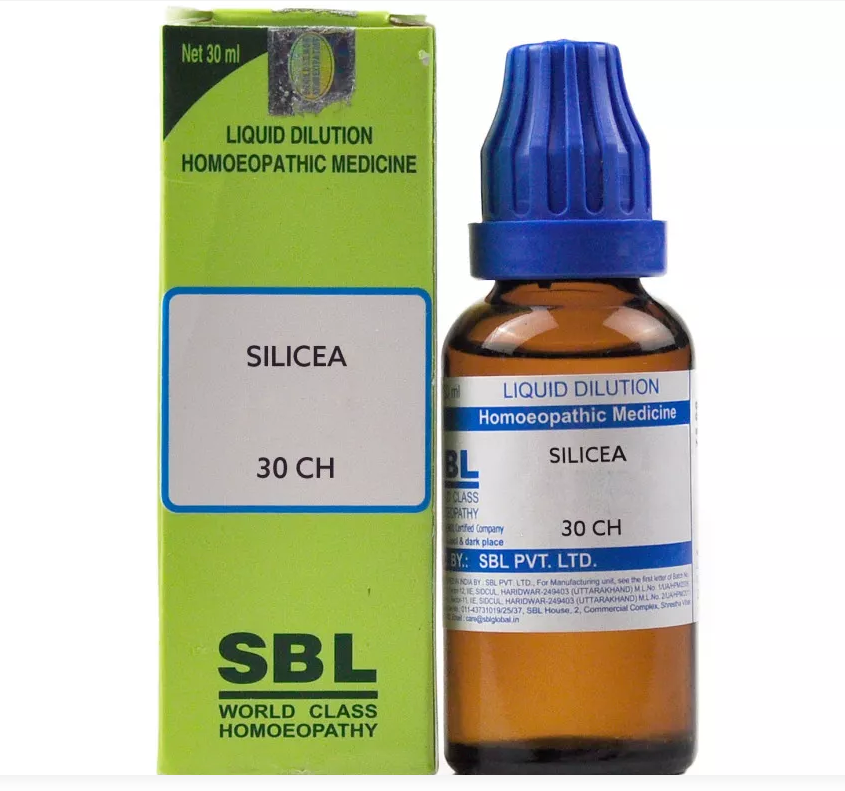
2. Berberis Aquifolium
Rough, Dry Skin: Acne when the skin is rough and dry. Help improve skin texture and hydration.
Scaly Skin: Skin is scaly and there is a tendency for the development of scales or scabs in acne lesions.
Acne on the Face and Neck: Acne eruptions on the face and neck.
Acne with Itching: Acne is associated with itching and discomfort.
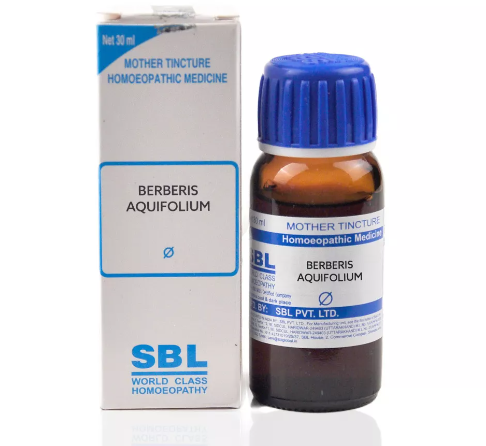
3. Antimonium Crudum
Large Pustules: Acne with large, pustular lesions. Pustules have a blister-like appearance and painful.
Itching: Itching, burning, or a stinging sensation in and around the acne lesions.
Thick, White Coating on Tongue: Individuals with a thick, white-coated tongue.
Aggravation from Heat: Acne worsens in hot, humid weather or when exposed to excessive heat.
Digestive Symptoms: Acne that is associated with digestive issues, such as indigestion and nausea.
Irritability: Irritability or a tendency to become easily annoyed.
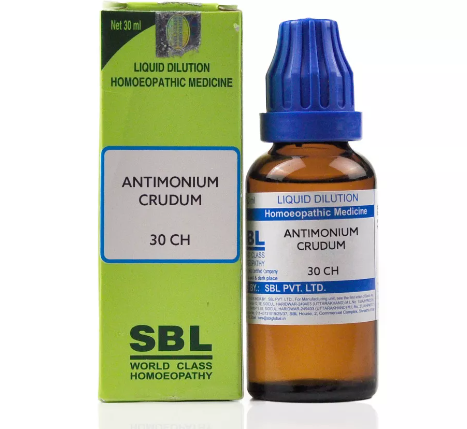
4. Pulsatilla
Worsening Acne with Hormonal Changes: Acne that worsens in relation to hormonal fluctuations, such as during the menstrual cycle.
Acne with Little or No Thirst: Decreased thirst or even dislike drinking water. They prefer cooler, fresh air and open windows.
Changeable Symptoms: Symptoms that vary and change frequently. Their acne worse in certain conditions or environments and better in other.
Weepiness and Emotional Symptoms: People who require Pulsatilla may be Emotionally sensitive and prone to mood swings. They feel better after a good cry and exhibit tearfulness or a desire for consolation.
Non-Oily Skin: Acne accompanied by dry or non-oily skin.

5. Natrum Muriaticum
Oily Skin: Acne is associated with excessively oily skin. The skin appear greasy, shiny, and prone to blackheads and whiteheads.
Blister-Like Pustules: Small, blister-like pustules (pimples) on the face, especially around the mouth and nose.
Craving for Salt: A strong craving for salty foods is a common symptom.
Sunlight Aggravation: Experience worsening of their acne when exposed to sunlight. The acne eruptions become more pronounced or triggered by sun exposure.
Introverted and Reserved Nature: Emotionally reserved, introverted, and hold their emotions.
Recurring Herpes: Recurring herpes or cold sores on or around the lips.
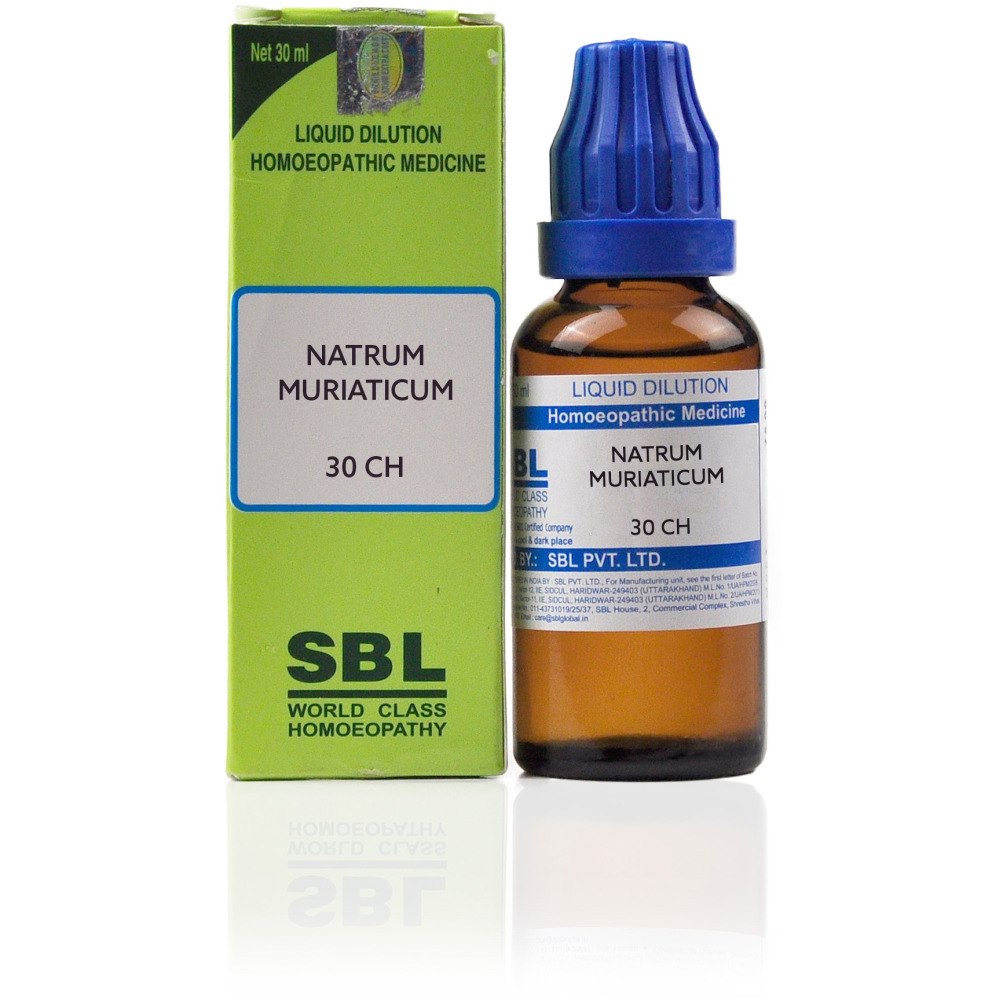
6. Calcarea Sulphurica
Pus-filled Pimples: Acne presents with pimples that contain yellow, creamy pus.
Slow Healing: Acne that takes a long time to heal and tends to form pustules.
Suppuration: Tendency to suppuration, where the acne lesions discharging pus.
Scarring: Acne scars, especially when the scars are discharging pus.
Aggravation from Heat: Acne worsens with exposure to heat, warmth, or hot weather.
Crusty Skin: Acne with a tendency to crust formation on the skin.
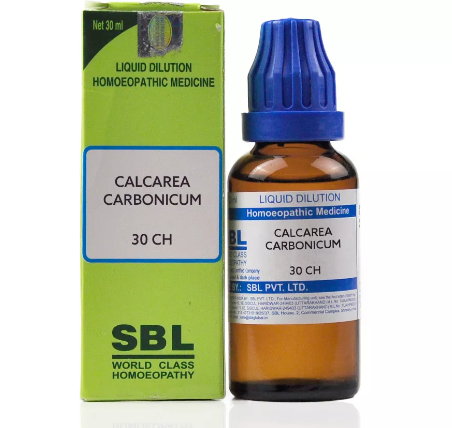
Medicine images use for reference only selection of homeopathic medicine depends on the individual’s specific symptoms and overall constitution. Moreover, homeopathy is a holistic system of medicine that treats the individual as a whole. In addition to addressing the physical symptoms, it takes into account the emotional and mental state of the person. Consequently, it’s crucial to consult with a qualified homeopathic practitioner for personalized treatment.
The information provided on this website is intended solely for educational purposes. Always seek the advice of your physician or other qualified health provider.

Pingback: HOMEOPATHIC MEDICINE FOR ECZEMA - HOMOEO HEALING